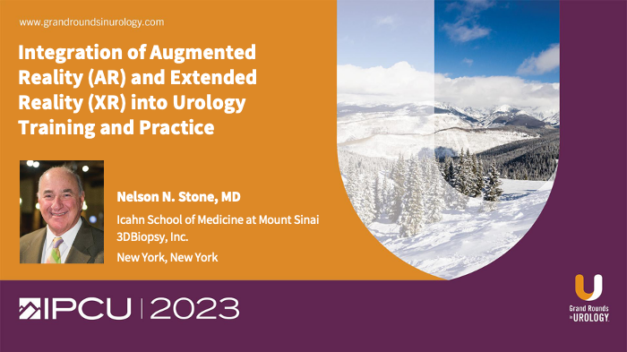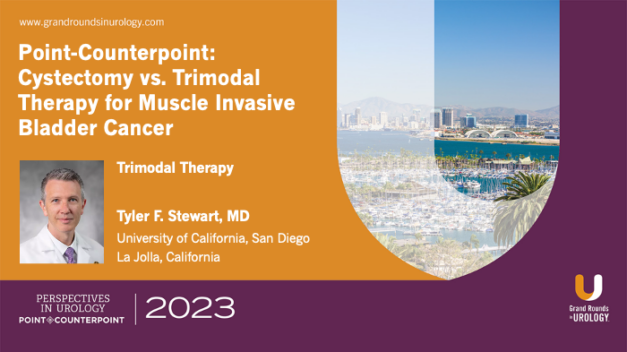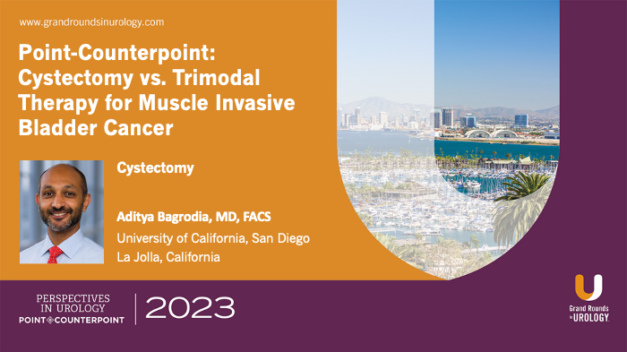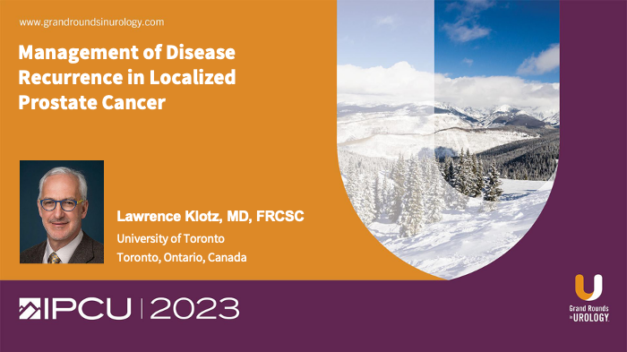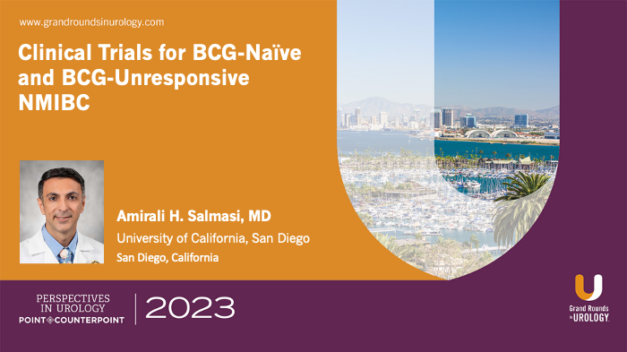Integration of Augmented Reality (AR) and Extended Reality (XR) into Urology Training and Practice
Nelson N. Stone, MD, examines the immense transformative potential of augmented reality in the realm of surgical education and training. With a comprehensive approach, he dives deep into the concepts of augmented reality, virtual reality, and extended reality, shedding light on their applications within the field of Urology.
Throughout his presentation, Dr. Stone places a strong emphasis on the pressing need for advanced training methods in response to the rapid evolution of technology and the increasing prominence of minimally invasive surgical techniques. He delves into the utilization of simulation models as a crucial tool for training, while also addressing the unique challenges posed by the COVID-19 pandemic and its impact on traditional training approaches.
Venturing further into the realm of augmented reality, Dr. Stone explores the development of wearable headsets that harness the power of augmented reality, along with web-based platforms that facilitate remote training opportunities. He illustrates how augmented reality enables remote training, empowering instructors to provide guidance and facilitating hands-on practice for trainees, regardless of their physical location.
Dr. Stone showcases real-life scenarios, including transperineal biopsy and renal puncture procedures. These examples highlight the tangible benefits of augmented reality in enhancing hand-eye coordination and improving overall training efficacy.
Concluding his presentation, Dr. Stone presents a survey received from practitioners who have experienced augmented reality training. The survey findings underscore the potential benefits of augmented reality in revolutionizing surgical education by fostering enhanced skill development and promoting a more immersive learning experience.

